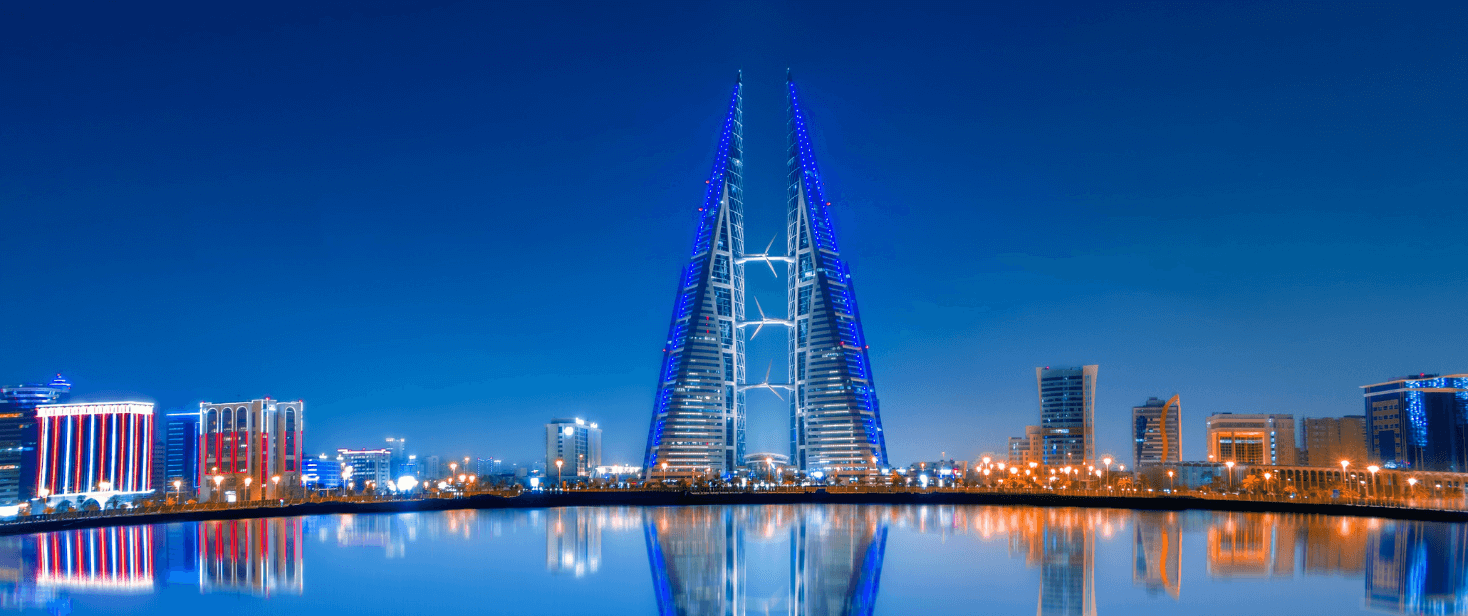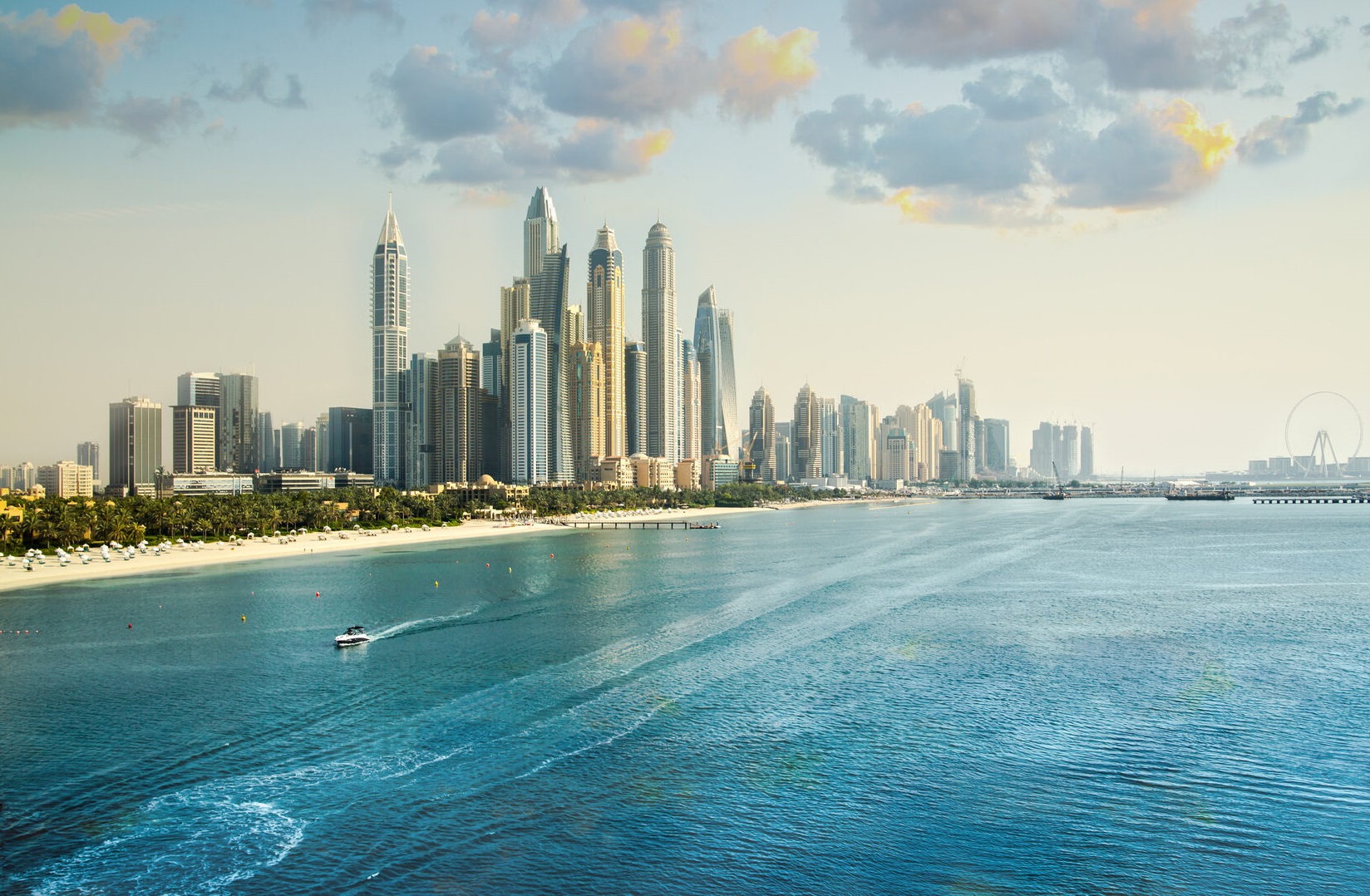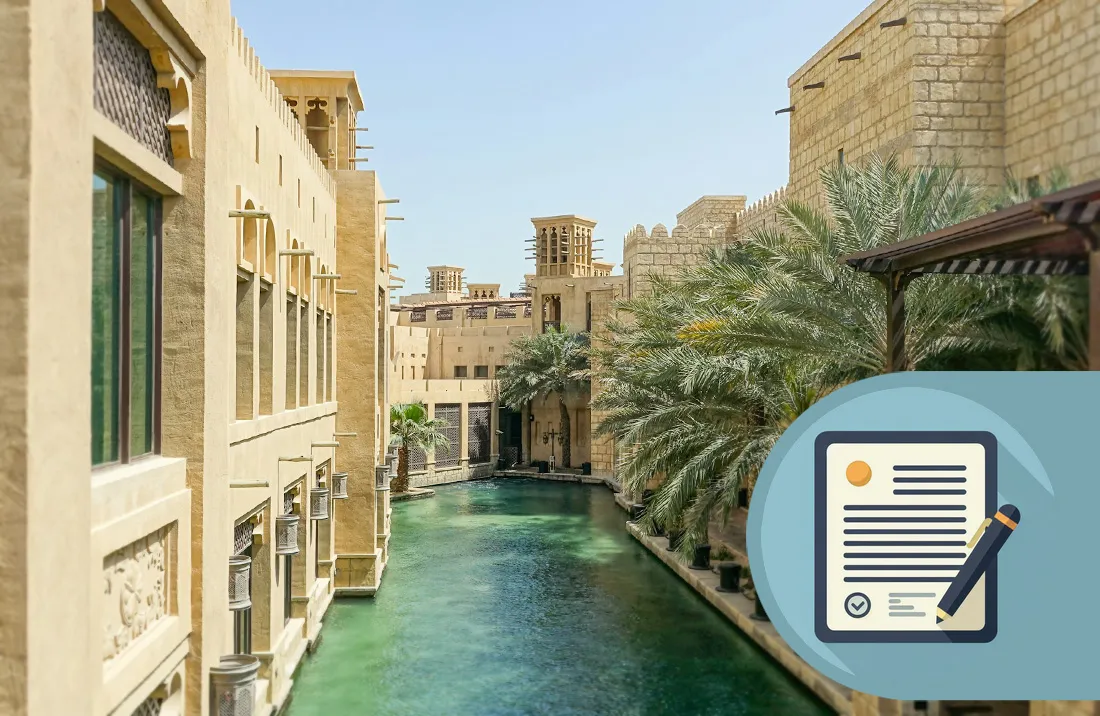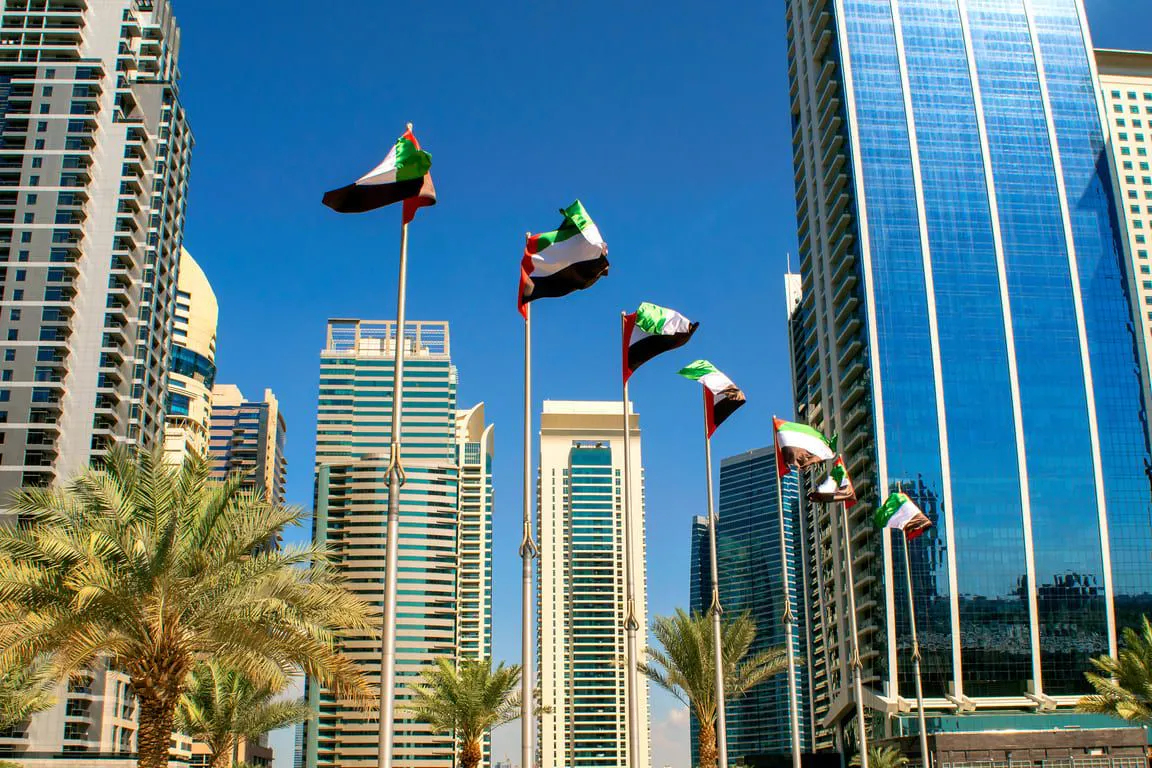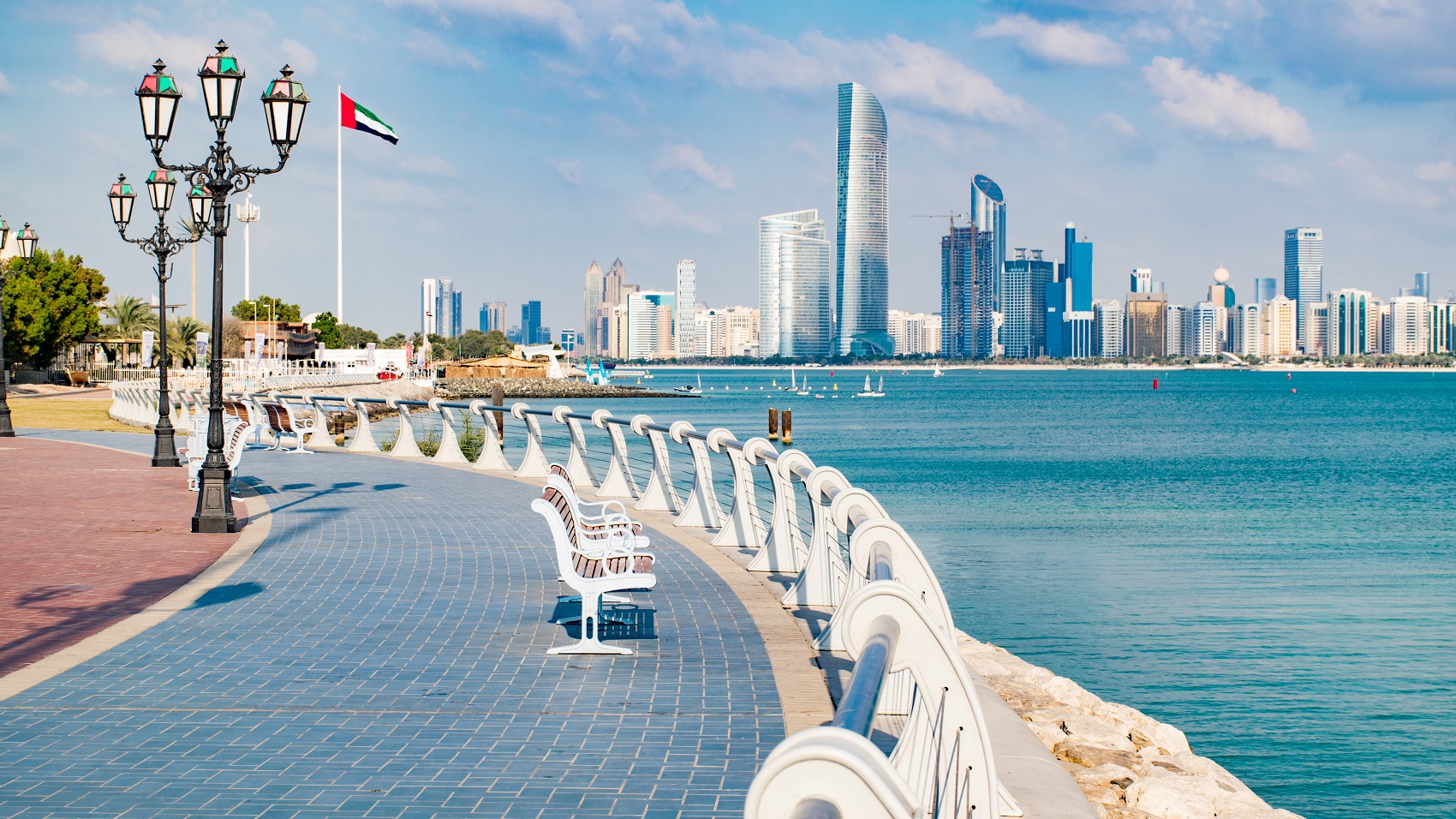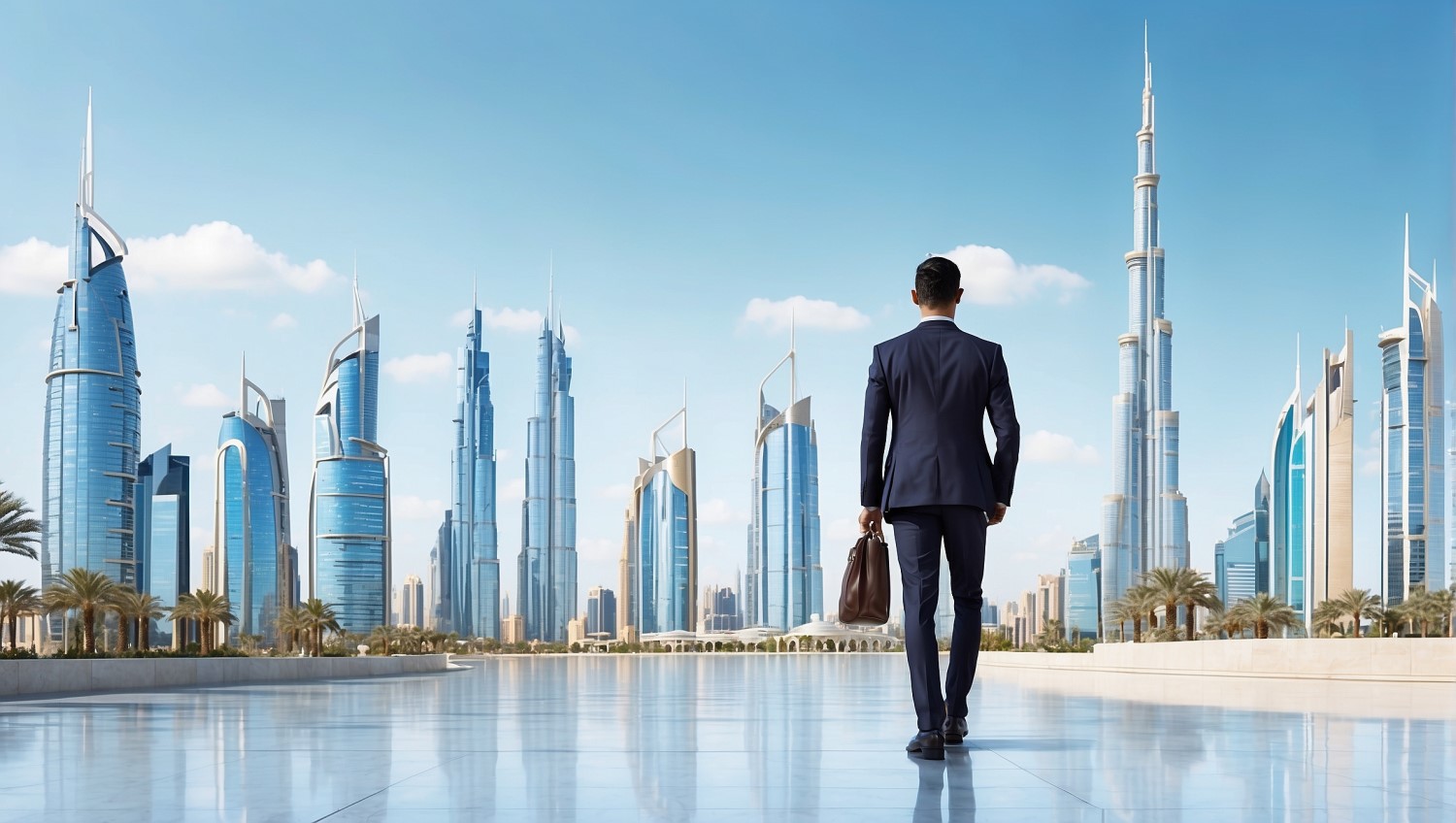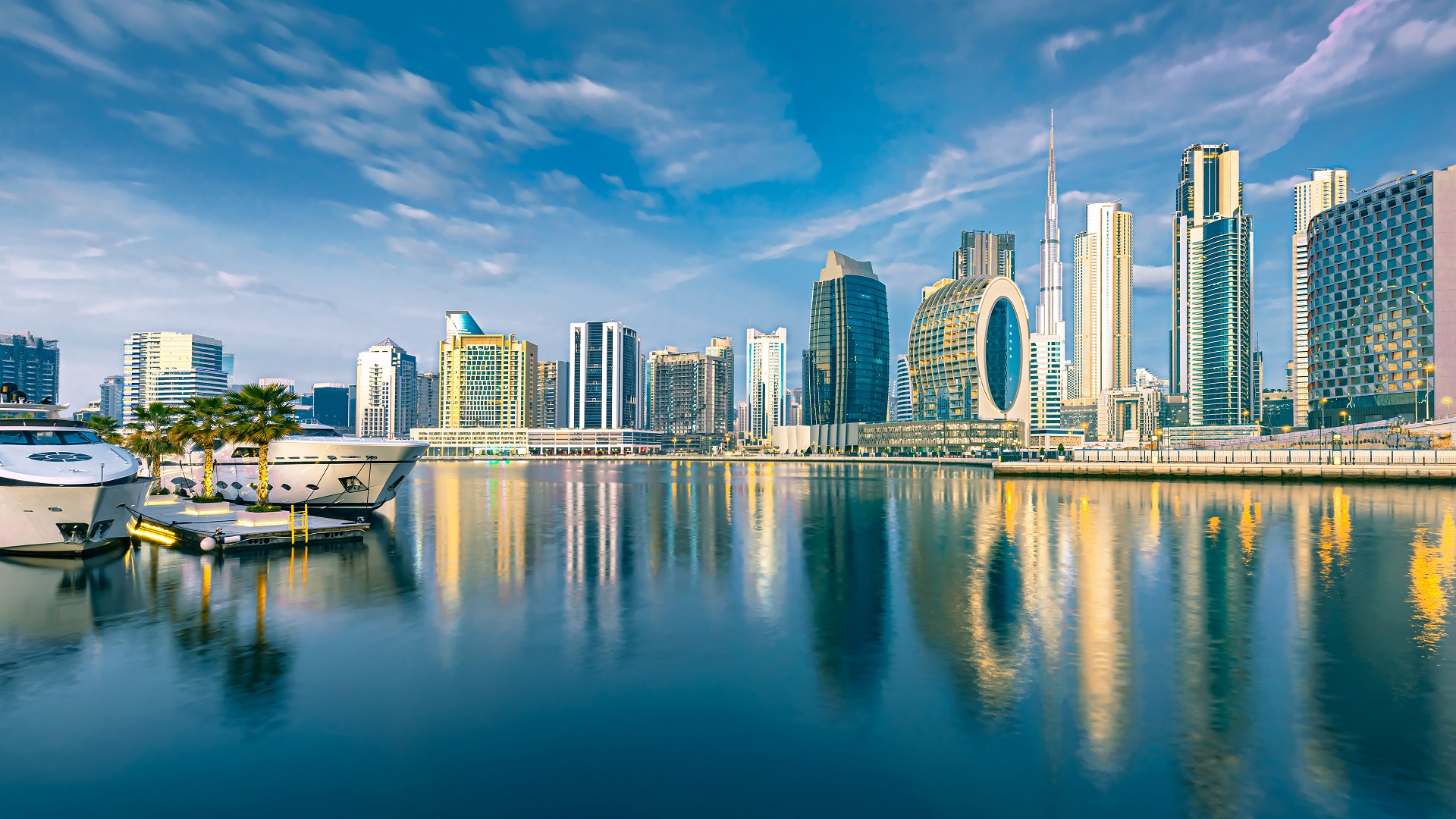The opening of oil fields in 1932 was a significant event in Bahrain’s economy. Today, the oil and gas sector occupies a substantial share of the country’s GDP. Additionally, the economy is based on industries such as chemical manufacturing, the financial sector, metallurgy, tourism, medical services, and telecommunications. The country is actively developing, with its financial sector considered one of the most advanced in the Persian Gulf region. Thanks to a well-thought-out tax policy, Bahrain attracts financial investments worldwide.
As mentioned, the backbone of Bahrain’s economy is its oil and gas sectors. Despite being the primary source of income, the Bahraini government seeks to reduce dependence on oil revenues and mitigate risks associated with commodity price fluctuations by taking adequate measures to diversify the economy.
As one key development area, the financial sector plays a pivotal role. Known as a business hub in the region, Bahrain offers attractive tax conditions for conducting business. The country also pays special attention to the development of tourism, which is becoming a significant source of income. Information technology and innovation are another area receiving considerable attention as part of the diversification strategy. Bahrain aims to become a startup hub by offering investment incentives and support for innovative projects.
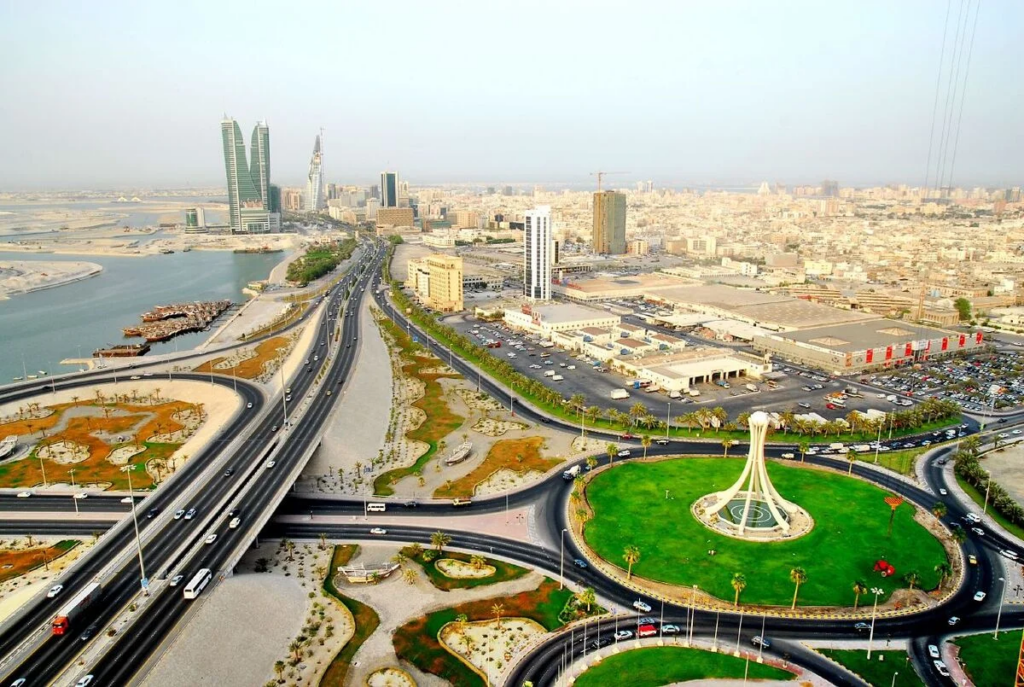
The Economy of Bahrain in Figures
Despite limited natural resources and significant competition in regional markets, the economy of Bahrain continues to develop rapidly in various directions. The country actively attracts strategic investments in many industries, making it one of the promising players in the Middle Eastern market.
| Economic Indicator | Value |
|---|---|
| GDP (nominal, billion USD) | $37.5 |
| GDP per capita (USD) | $24,534 |
| GDP growth rate (%) | 3.8% |
| Inflation rate (%) | 2.5% |
| Unemployment rate (%) | 3.2% |
| Budget (billion USD) | $8.9 |
| Share of oil revenue in the budget (%) | 60% |
| External debt (billion USD) | $20.3 |
| Export level (billion USD) | $18.7 |
| Foreign direct investment (billion USD) | $5.6 |
The Reasons for the Success of Bahrain’s Economy and Currency
The currency of Bahrain is the Bahraini Dinar (BHD). One dinar consists of 1000 fils. It was introduced into circulation in 1965 and was pegged to the British pound until 1980 and then to the currency unit of the International Monetary Fund until 2001. Today, the Bahraini dinar is considered a fixed currency, although the central bank of this country adheres to the policy of pegging the dinar to the US dollar.
The dinar is used in Bahrain for all financial operations, including international transactions. It is considered one of the most stable currencies in the Persian Gulf region.
Among the main reasons for the development of Bahrain’s economy and its national currency, the following factors should be highlighted:
- Presence of large oil reserves — active oil and gas fields within the country serve as the economy’s main engine.
- Stable financial system — Bahrain plays a leading role in shaping the financial sector of the entire Middle East. The country implements an effective tax policy that attracts investors worldwide.
- Economic diversification — Bahrain actively develops other economic sectors to reduce dependence on oil revenues.
- Geographical location — Bahrain is an island state that significantly facilitates trade and financial cooperation with other countries in the Persian Gulf region.
- Political stability — the country has maintained a favorable climate for business development and investment attraction for many years.
All these factors contribute to Bahrain’s economy’s success and its currency’s stability.
According to recent statistics, Bahrain’s GDP is approximately $37.5 billion. This means the country’s economy is relatively small compared to major world economies, but it has strengths, such as a developed oil industry, financial sector, and tourism. Naturally, the gross domestic product can fluctuate, considering inflation, changes in the oil market, and other macroeconomic factors. Internal factors such as political stability, investment climate, government efficiency, and developed infrastructure can also influence economic growth. However, the country is making efforts to ensure sustainable GDP growth in the long term.
Overview of Bahrain’s Major Economic Sectors
Despite being an island nation, Bahrain’s economy is diverse and encompasses various industries. Its primary driver is undoubtedly the oil and gas industry. Oil is Bahrain’s main export product, accounting for 10% of its gross domestic product, over 40% of export earnings, and 85% of government revenues. Currently, the country has significant reserves of oil and gas, which contribute a large portion of export earnings and budget revenues.
Bahrain is an important financial center in the Middle East, offering a wide range of banking and insurance services, asset management, securities trading, and various investment projects. The banking sector ranks second in the country’s economy, contributing about 20% of GDP.
The government also aims to develop its tourism sector. The islands of Bahrain boast numerous cultural and historical attractions. There are luxurious hotels for comfortable stays, as well as diverse opportunities for water sports activities. According to recent statistics, in the first half of 2023 alone, Bahrain welcomed 5.9 million tourists, marking a 51% increase compared to the previous year.
Bahrain strives to become a hub for developing high-tech industries, including information technology. Due to low personal income tax, this country is attractive for implementing various startups.
Additionally, Bahrain has a developed industrial sector, including oil refining, chemical industry, metallurgy, and aluminum production, with Bahrain’s annual aluminum production reaching 960,643 tons.

The Role of Bahrain in the Global and Regional Economy
Bahrain is actively involved in international economic relations. Its key partners include the United Arab Emirates, Saudi Arabia, Qatar, the United States, and European Union countries. With Saudi Arabia, Bahrain engages in joint oil production from offshore fields. However, Bahrain is considered the only Persian Gulf country that imports crude oil. The capacities of local oil refineries are directed towards processing oil imported into the country via the Bahrain-Dammam underwater pipeline.
Furthermore, Bahrain was the first country in the region to sign a Free Trade Agreement with the United States. As a result, it brings an annual income of $1.3 billion to the economy. In 2014 alone, Bahrain received approximately $20 billion in foreign direct investments.
At the core of the country’s regional and global competitiveness are economic openness, liberal policies, and the promotion of private entrepreneurship. The country allows the establishment of companies where foreign capital can make up 100%. There is also no personal income tax, and the corporate tax only applies to companies in the oil and gas sector, set at 46%. Importantly, Bahrain is recognized as the center of all Islamic finance among the Persian Gulf countries.
Bahrain’s Economic Growth through Attracting Foreign Investments
The country actively utilizes foreign investments and plans to expand its inflow. It offers investors a favorable business environment for company development, including low taxes, simplified registration procedures, free zones, property protection, and other investment incentives.
Bahrain’s financial sector, already the largest in the region, is actively developing. Tourism has also become one of the critical sectors of the economy in recent years, attracting new investors. In addition to high-tech industries, the state pays attention to energy projects and infrastructure development. Attracting foreign investments is crucial for Bahrain’s story as it creates new jobs and sustainable economic growth. The Bahraini government will continue its active policy in this area and promises to make effective management decisions to produce a favorable domestic environment for investors.

Starting Your Business in Bahrain
Launching your business in Bahrain, like in any other country, requires careful preparation and planning. Before opening a company in this state, it’s essential to thoroughly research the market and understand the demand for a specific product or service.
You’ll need to register your company to local laws and requirements, which you should familiarize yourself with in advance. Consultations with lawyers experienced in international documentation and developing a detailed business plan will also be necessary.
Advantages of Working with Dynasty Business Adviser
In this article, we have analyzed the main features of Bahrain’s economy. However, all the information provided is purely informative. For professional assistance, it is recommended to seek help from the managers of Dynasty Business Adviser.
Our team consists of top specialists in international law who will help you open a successful company in Bahrain and take it to the highest level. We specialize in planning and developing business strategies in compliance with all Bahraini legislative requirements. Additionally, we’ll handle all issues related to company registration, legalization, obtaining tax certificates, and opening bank accounts. Our priority is finding individual solutions to meet all client goals. Therefore, you can be sure of your business’s success in Bahrain by contacting us!


